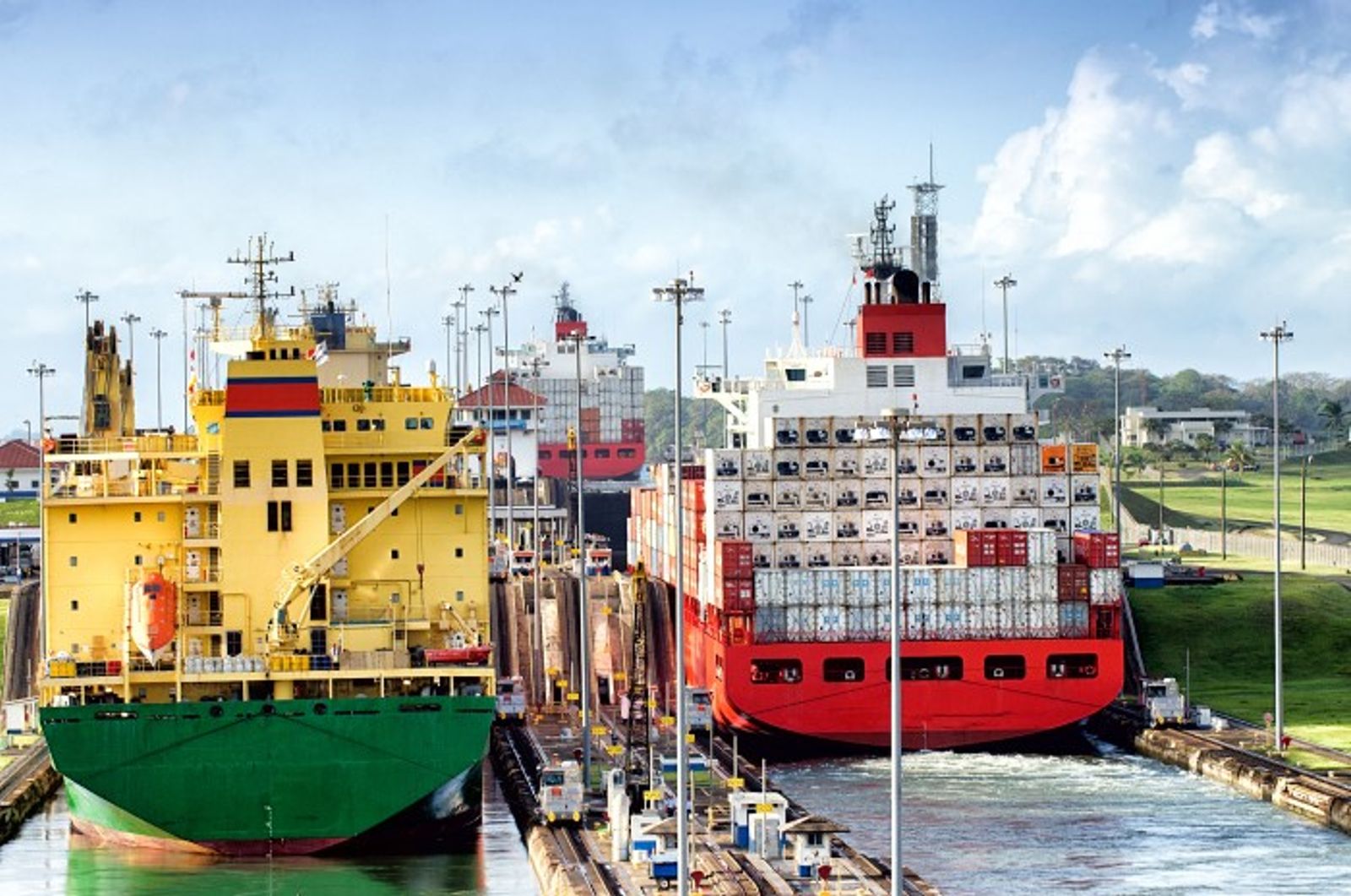
The agency in charge of the Panama Canal is pushing back against claims by the US Federal Maritime Commission (FMC) that it discriminates against US waterborne commerce and says Chinese ownership of nearby ports has no bearing on ship transits through the waterway.
The Panama Canal Authority (ACP) delivered the comments Tuesday in response to the FMC's review of“international maritime chokepoints”that will be included in its next report to Congress. Along with probes into six other major shipping lanes, the FMC highlighted the Panama Canal's“geopolitical importance,”adding that it is“crucial to the interests of the United States.”
In response to any unfair treatment in waterborne commerce, the FMC said the US could deny the entry of ships registered to countries“responsible for creating unfavorable conditions.”
The canal has become the subject of renewed interest in the US after President Donald Trump called the 1977 treaty giving Panama control of the canal a“rip-off”and urged“taking back”that control. Trump also alleged China has gained influence over canal transits and that the US vessels pay higher tolls than those of other countries.
“No conditions exist at the Panama Canal, and no actions have been taken by the ACP in administering the canal, that discriminate against the United States, US interests, or global maritime trade involving the United States,”the ACP said.
The agency's comments cited language in the 1977 treaty that required the canal to be operated as a neutral waterway open to ships from any country. Panamanian law gives the ACP sole authority over the canal, relieving it of any political pressure from the Panamanian government.
A separate treaty between the US and Panama gives navy ships of both countries'priority transits during emergencies. While US naval vessels do pay transit tolls, they do not have to pay the reservation fees that commercial ships pay.
Since canal ownership was officially transferred in 1999, the US Navy has paid about $1 million per year in canal tolls, according to the ACP, with US warships accounting for less than 1% of vessel traffic during that time.
ACP also said there is no discrimination against US commercial shipping, citing data that shows 75% of the cargo going through the canal originates or ends in the US. The flag registry of ships going through the canal also doesn't indicate any favoritism, the ACP said.
FMC should follow‘legal norms’
Part of Trump's claims about Chinese influence over the canal stems from Hong Kong-based CK Hutchison operating two nearby marine terminals, which are now part of a possible acquisition by US investment fund BlackRock and Terminal Investment Limited, a unit of Mediterranean Shipping Co.
The ACP noted Hutchison's port concessions are granted by Panama, which also granted concessions to US, Taiwanese and Singaporean operators. Moreover, the ACP said there is no requirement for ships to stop at the Hutchison terminals and there is no evidence the Hutchison terminals are favoring one nation's ships over another's.
“To the extent concerns have been expressed about the potential for future actions by Hutchison or the government of China, to the ACP's knowledge those concerns remain hypothetical,”the ACP said. “These concerns contrast with the commission's regulations, which require a finding that unfavorable conditions do exist before it acts.”
As to whether the FMC can take any action over maritime chokepoints, the International Chamber of Shipping (ICS) said in its comments to the agency that the 1982 United Nations Convention on the Law of Sea (UNCLOS) governs international shipping lanes. While 170 countries have ratified UNCLOS, the US remains a holdout. But the ICS noted that a 1983 policy statement from then-President Ronald Reagan supported the basic outline of UNCLOS.
The ICS added that countries surrounding the shipping lanes mentioned in the FMC probe have agreed to ensure safe and neutral transits. The ICS admits there are chokepoints, such as where the Houthi attacks on commercial vessels going into the Suez Canal occur and in Russia's dominance of the Northern Sea Passage. However, it said the FMC alone is in no position to police those lanes.
“While operational and security risks exist in any international waterway, these do not constitute grounds for unilateral action by individual states,”the ICS said.“Any future assessments or policy decisions stemming from the FMC investigation should remain anchored in respect for established international legal norms and multilateral engagement.”

